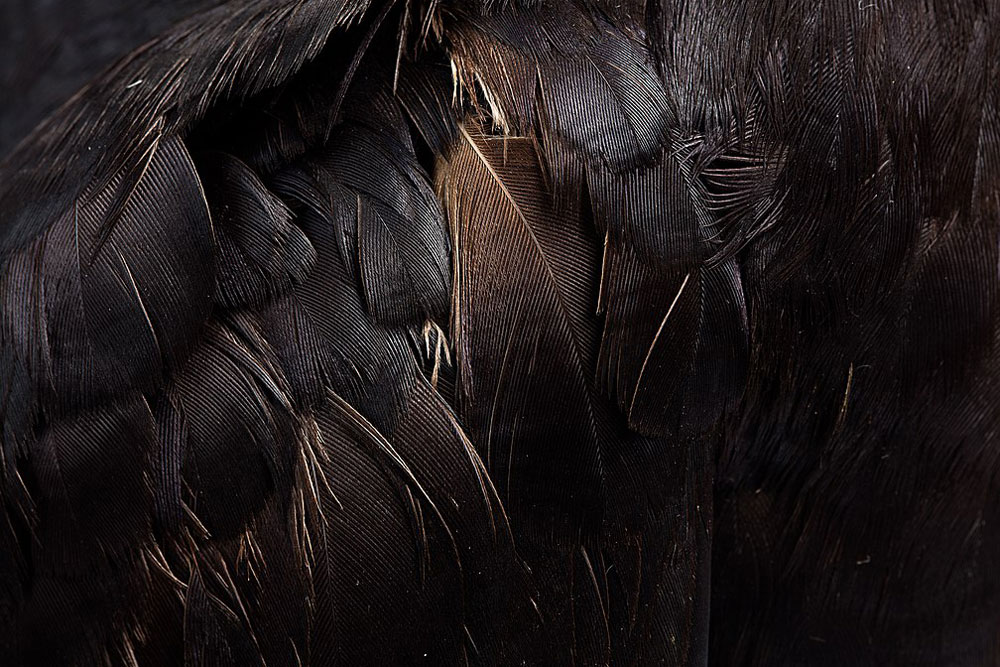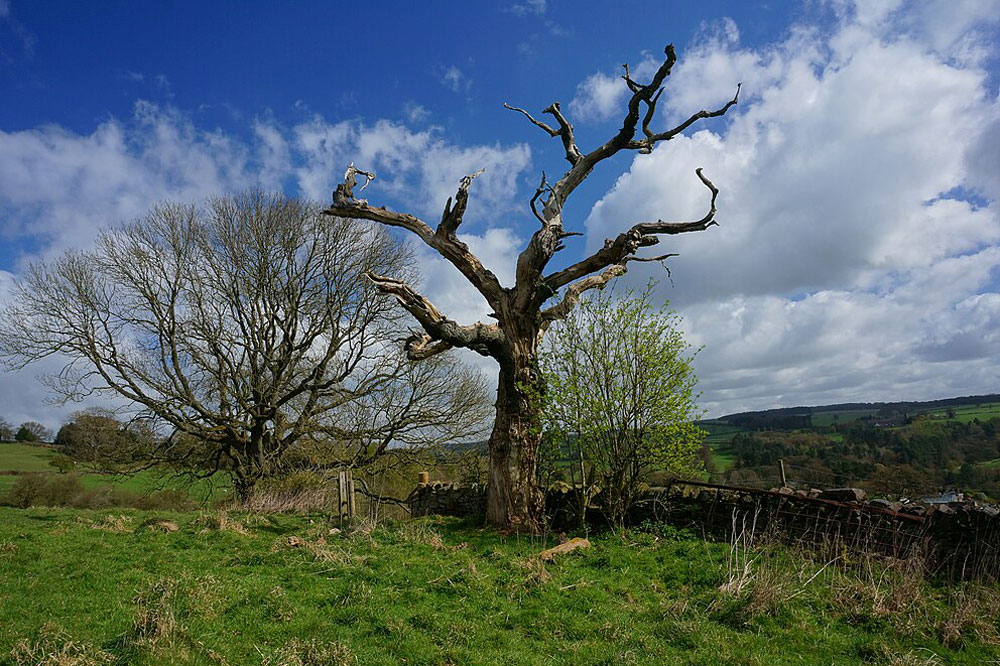
By Asher Hall
Deep in the city,
She sits planted in the hospital cafe,
A paper sits before her.
It concurs with the thoughts she’s having,
By pleading,
For the past to be changed.
The immediate sensitive nature of the subject
Was cured by the man
Who felt it necessary to give
An empathetic response.
Was it out of empathy,
Or guilt?
She recalls the day,
“Please, I want to help
Even when I’m beyond our time.”
He pleaded,
In that ever-dulcet tone of voice.
She crosses her legs and squeezes them.
The thoughts make her queasy.
The thought of him,
being picked apart by scientists,
The thought of him,
being becoming no more
than an object,
Or a tool,
To teach others something they can learn
elsewhere, with anyone else, anywhere else,
Anytime else,
just,
anything else.
She pleads to herself.
She refocuses her foggy eyes through wet glasses,
And draws her bloodied saber to the paper.
And starts smearing the curves
of bloody, cursed truth.
By the end, she nods her head
To the guilty man,
Who takes the paper,
And further pleads his guilt,
By rubbing her shoulder, and saying
“I’m sorry for your loss. This is what he wanted.”
She pleads to herself for this to happen to
anyone else,
anywhere else,
anytime else.
She pleads to herself.

by Sophia Fuentes
There she was,
Saturday afternoon walking down the
Picture-perfect path by the Charles River.
Loitering, escaping the chaos
for a moment.
“Vo-o-o-la-a-a-re… o-o-oh oh… ca-a-anta-a-are. Oh oh oh oh”
She gets distracted as she passes by the Cherry blossoms
The buzz of the bees go louder,
louder,
then softer.
“I wanna go home”
She glances back to see who could say such thing,
Wondering:
Amidst this unperfectly,
Ethereal “Komorebi”
And with the wind that makes the tree leafs crash onto each other
and make a ruffling, white noise that reminds her to the sound of ocean waves,
Reminds her of her home
“I want to go home”
huh,
But,
If not within you?
What is home?

by Laura Lasprilla
Classy Noir, Pitch Black Hood
Darkness wrapping around her skin
Crow feathers left on the soil
Swept by the wind
Running through the woods
And playing around the mud
The classic noir that disguises among the night shadows
Classic Noir, Pitch Black Hood
Solitaire woman on a crowded neighborhood
Masking her face with black paint
She looks like El Zorro, but she is a mujer.
Fearless, strong, chasing the darkness
Unleashing the beast that always hid inside her.
2. The first aspect of the poem represents a woman who rebels against societal ancestral norms and decides to dress the way she wants, covered fully in a black hood.
3. The second part describes her escaping and never returning back to the old place.
4. El Zorro is a cultural reference from the old movie played by Antonio Banderas and Catherine Zeta Jones
5. The location takes place in the forests of Maine.
6. The poem also depicts the depersonalization of the character from the historical past she used to live oppressed by, liberating the chains and reconnecting to her real self.

by Ethan Krusz
The Dead
It is the smell of the
Forgotten peoples in the morning on
The way to the next moment; unsure as
It is
The Living
The Dead
A lasso hangs from the ceiling reeking
of the Ol’ days
The Last Supper.
The Dead
The Dead
Our drinking water is filtered.
the Living
The Dead
a string pulled from that which is
worn, frayed as it is,
cut cut cut cut cut cut
cut cut cut cut…
1, 2, 3, 4… too many to count.
Heavy weighs the head of the observer;
The Dead
It reeks.
The cake, the candles, the Present,
The small-town Diener retired.
Vetri Vignesh, CC BY-SA 4.0, via Wikimedia Commons
Lombroso, CC0, via Wikimedia Commons
Marie-Lan Taÿ Pamart, CC BY-SA 4.0, via Wikimedia Commons
Living tree, dead tree by Peter Barr, CC BY-SA 2.0, via Wikimedia Commons





